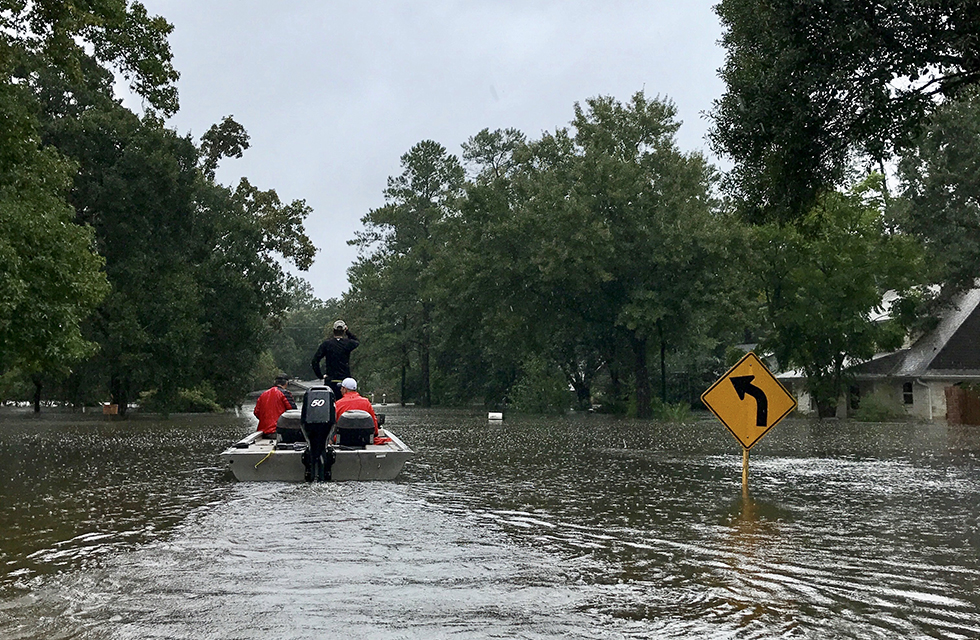National Preparedness Month Helps Raise Awareness to Prepare for Disasters and Emergencies

September is National Preparedness Month, which helps raise awareness of the importance of preparing for emergencies.
National Preparedness Month, an annual Federal Emergency Management Agency campaign, encourages people across the nation to prepare for manmade and natural disasters at their homes, businesses and neighborhoods.
"It is important that we observe National Preparedness Month every year because it reminds us that preparedness is everyone's responsibility,” said Prince William County Emergency Management Specialist Nicholas Kingsley. “From government to businesses to families, everyone has a role to play in preparedness.”
Emergencies often come with little warning, but there are steps people can take that could save lives.
Throughout September, the county’s Office of Emergency Management will highlight six pillars of preparedness to help the community prepare for disasters.
- Build a Kit. An emergency supply kit is a collection of basic items people might need in an emergency. An emergency kit should contain essential supplies, equipment and food for all family members to last for at least three days. Remember, disaster can happen at any time, having a supply kit at home, place of work, and in the car is the best way to prepare for the unexpected. Items in the kit can include, but are not limited to, a battery powered or hand-crank radio, extra batteries, shelf-stable food, a flashlight, a first aid kit, a whistle to signal for help, plastic sheeting and duct tape to shelter in place, manual can opener, moist towelettes, garbage bags and plastic ties for personal sanitation and local maps.
- Make a Plan. Every family should have their own emergency plan that includes how to communicate during disasters and where to meet if they can’t make it home. Emergencies and disasters can happen anywhere, anytime, to anyone; so planning ahead of time is the best way to prepare.
- Stay Informed. The first step to being prepared is being informed. One of the best ways to stay informed is through PWC Alerts. Receive text, calls or emails about weather advisories and other emergencies currently affecting Prince William County. Everyone is encouraged to sign up for alerts and learn about different ways to stay informed about receiving emergency alerts and information through wireless emergency alerts, the Emergency Alert System, the National Oceanic and Atmospheric Administration and local television and radio stations.
- Get Involved. Becoming active with local response and recovery partners is a great way to get involved before and after an emergency. Local response and recovery partners include, but are not limited to, Volunteer Prince William, Prince William Health District Medical Reserve Corps, American Red Cross, and PWC Amateur Radio Emergency Services (ARES).
- Know Your Hazards. Identify the hazards at home, work or your commuting route, and learn ways to prepare for them. Once people know their hazards, they can take steps to obtain the right insurance coverage, make home modifications to make property more flood and wind resistant, and prepare an emergency supply kit.
- Learn a Skill. Knowing a skill - such as hands-only CPR, how to stop uncontrolled bleeding, how to use a fire extinguisher, and how to safely turn off utilities - can help friends, family or bystanders until first responders arrive.
For more information about emergency preparedness, follow the County’s Ready Prince William campaign on Facebook and Twitter, or visit https://www.pwcva.gov/ready .